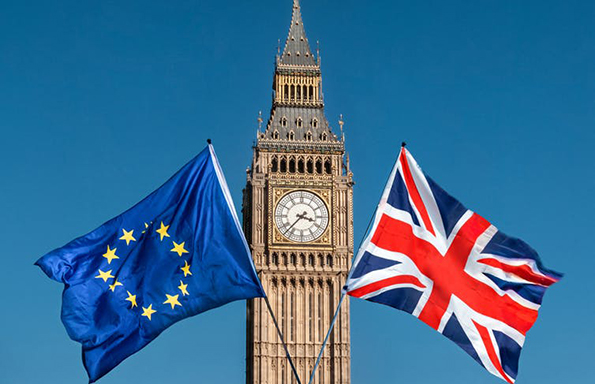
Professor Michael Gordon is an expert in UK constitutional law in University of Liverpool Law School
Parliamentary approval for the deal is a legally required part of the ratification process. This follows the EU (Withdrawal) Act 2018 which stipulates that parliament must have a “meaningful vote” on the deal. The House of Commons, in particular, must now positively approve the lengthy, technical Withdrawal Agreement, as well as the shorter, and much more vague, political declaration concerning the future UK-EU relationship.
This debate in the Commons will provide a forum for different lines of critique of the draft deal, and the consequences of rejection are not clear. For while different groups of MPs may object to the terms of the deal in similar ways – a common theme so far being the UK’s loss of influence over the EU rules it must accept in the transition period and perhaps beyond – there is no prospect of agreement about an alternative to the PM’s attempted compromise.
Some MPs may reject this deal in favour of no deal at all. Others want a further referendum with the option to remain in the EU. Others want a general election and a change of government. In principle, all of these options remain open if the Commons voted against the deal. But it is not clear which (if any) can attract majority support – or whether there is sufficient time (without extending negotiations) for new national votes, before March 29, 2019.
A particular point of legal controversy likely to be discussed in parliament relates to the “backstop”, which serves as a potential bridge from the transition to Britain’s future relationship with the EU. This could see the UK enter a “single customs territory” with the EU, and remain subject to aspects of EU law, without a unilateral exit clause for the UK.
Critics say this interferes with the sovereignty of parliament. But, to me, this is misguided. As a matter of domestic law, the UK parliament could always act outside the proposed review procedure, which makes any decision to end the backstop arrangements a joint matter to be decided with the EU. But if the UK did act unilaterally, it would have to accept significant international consequences, and almost certainly lose any chance at negotiating a future free trade agreement with the EU. That would be an expensive choice to make, but in this sense parliament should not see the backstop as a limit on its legal sovereignty.
Follow @livuninews for live updates from our world-leading academics
This article is republished from The Conversation under a Creative Commons license. Read the original article.